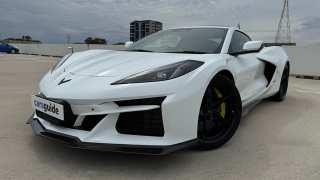
Federal Labor Party outlines future EV policy
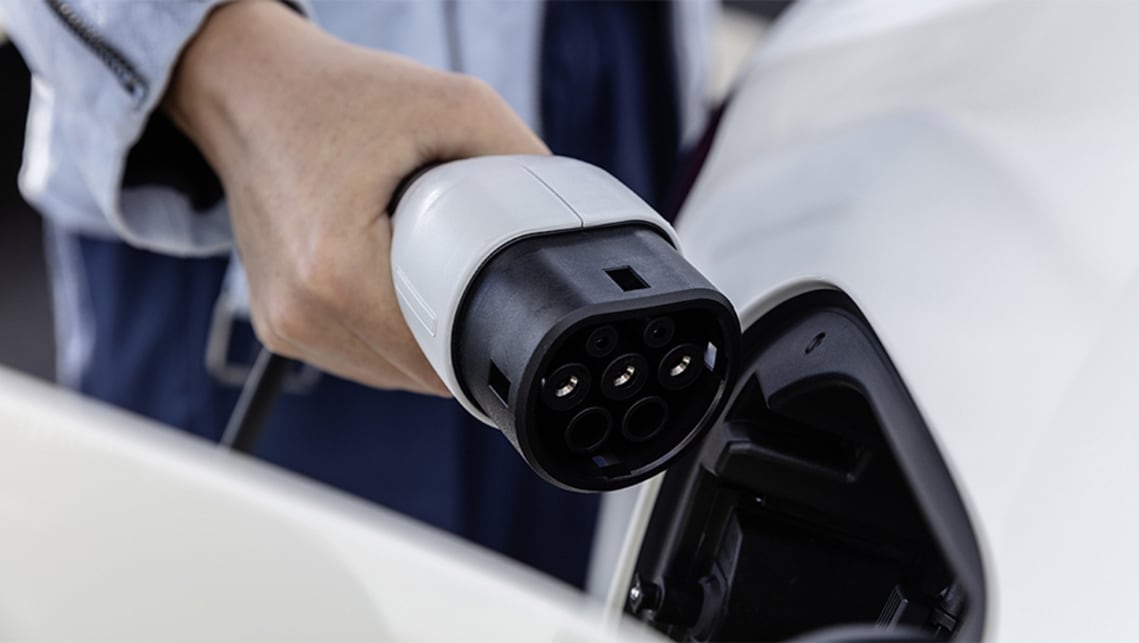
The Australian Labor Party (ALP) leader Bill Shorten has proposed a plan to ramp up new EV sales to the point where they will make up half of all new-vehicle registrations by 2030, while also targeting the same result for government fleets by 2025.
The EV strategy is part of the ALP's broader Climate Change Action Plan, and if new vehicle sales remain steady until 2030 it would represent approximately 600,000 new EVs hitting the road per year.
It has not been specified in the plan whether the 50 per cent target includes hybrids such as the Toyota Prius or Mitsubishi Outlander PHEV, or whether it is reserved for battery-electric vehicles like the BMW i3 or Hyundai Kona Electric.
To spur a greater uptake, the ALP will introduce a financial incentive that allows businesses to immediately deduct 20 per cent off the price of any new EV valued over $20,000, while also mandating changes to EV charging infrastructure on both a federal and state level.
According to estimates by Price Waterhouse Coopers, the policy can result in up to $2.9 billion being added to the economy by the end of the decade if the 50 per cent figure is reached, while also creating around 13,400 new jobs.
The ALP is also proposing a vehicle emissions standard of 105 grams of CO2 per km for light vehicles – the same as in the US – however a clear timeline has not been disclosed.
An emission standard will be applied to the retailer instead of the manufacturer, which according to the plan will "allow retailers to meet the standards by offsetting high-emissions car sales with low- or zero-emissions car sales".
Australia's current best-selling passenger car, the Toyota Corolla, currently emits 148g/km of CO2 when equipped with the 2.0-litre petrol engine.
The ALP has also flagged a refresh of the country's truck fleet while improving public transport networks, which account for nearly 20 per cent of air pollutants.
Federal Chamber of Automotive Industries (FCAI) chief executive Tony Weber said Labor's policy will need extensive planning across the industry to be successful.
"We have been calling for the implementation of an achievable emissions target for some time, so we welcome the opportunity to discuss this in more detail," he said.
"The key is to implement achievable emissions targets, designed in consultation with industry, as part of the transport sector's contribution to lower overall emissions.
"A well-thought-out introductory plan that includes tariff and tax relief, financial and non-financial incentives, and the provision of comprehensive infrastructure will need to be implemented if the targets are to be achieved."
Australian Automotive Dealer Association (AADA) CEO David Blackhall said the onus for low-emission sales should fall on the manufacturer, and not the car seller.
"We accept the opposition's invitation to consult on the timeline and coverage of vehicle emissions standards but are concerned over the reference to these standards applying to car retailers," he said.
"In the US and the EU, it is the manufacturer not the retailer that needs to adhere to vehicle emissions standards.
"Dealers have limited influence over the product mix and the decision as to what cars are imported into Australia is entirely at the discretion of the manufacturers. In the end, dealers can only sell cars supplied to them."






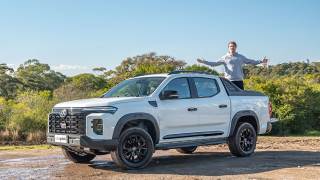
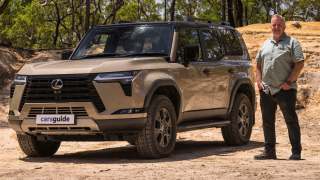
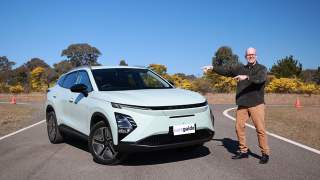
Comments